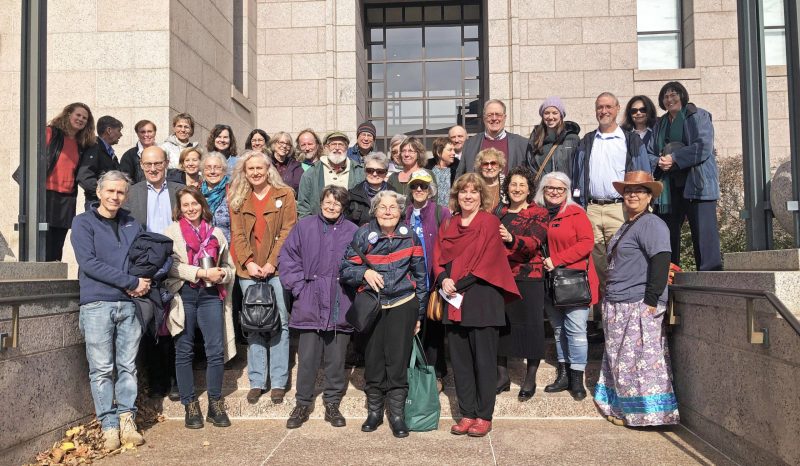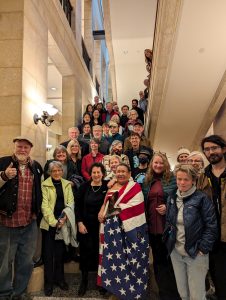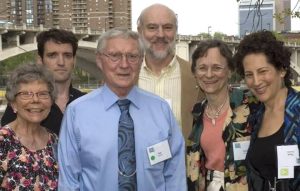
WaterLegacy defends Minnesota’s water sources and the communities that rely on them through science and advocacy. The award-winning non-profit has, from its outset, been shaped by its close relationship with tribes in the state, Paula Maccabee, WaterLegacy’s executive director and counsel, says: “We don’t make strategy or policy decisions that could affect tribes without consulting with them.” Formed in 2009 to resist proposed sulfide mining in northern Minnesota, the group marshals scientific evidence and rallies communities to participate in government decisions on projects that threaten water systems, with dire implications for wildlife, wild rice, and local communities. “We help people to be more effective advocates for their own interests,” says Maccabee, adding that WaterLegacy has motivated the public to leave over 75,000 comments. The group has also litigated where necessary: “We didn’t form to file lawsuits, but we’ve gotten very good at it. The way you win is with science and the law.”

WaterLegacy community members at the Minnesota Court of Appeals in 2024. Source: Paula Maccabee
As well as four paid employees, the non-profit has seven members on its board and 12 on its advisory committee, both of which include Indigenous people. “Many members are based in Greater Minnesota, rather than just in the cities … that’s very intentional,” Maccabee says, explaining that people in rural areas, including harvesters who rely on wild rice and wild fishing, are among those who would be most sharply affected by the risk of polluted wetlands and waterways. WaterLegacy and its allies have succeeded in upholding the wild rice sulfate standard and water quality standards, as well as acting as a bulwark against the PolyMet mine in northern Minnesota, the opening of which was considered “inevitable” when the group was formed. Though she notes that extractive companies have “unlimited resources”, requiring organizers to remain vigilant, the mine remains unbuilt, and “in the course of resisting, WaterLegacy has made some really important precedents that protect water and communities”.

WaterLegacy founder Diadra Decker (second from right), staff, and advisors in 2013. Source: WaterLegacy website.